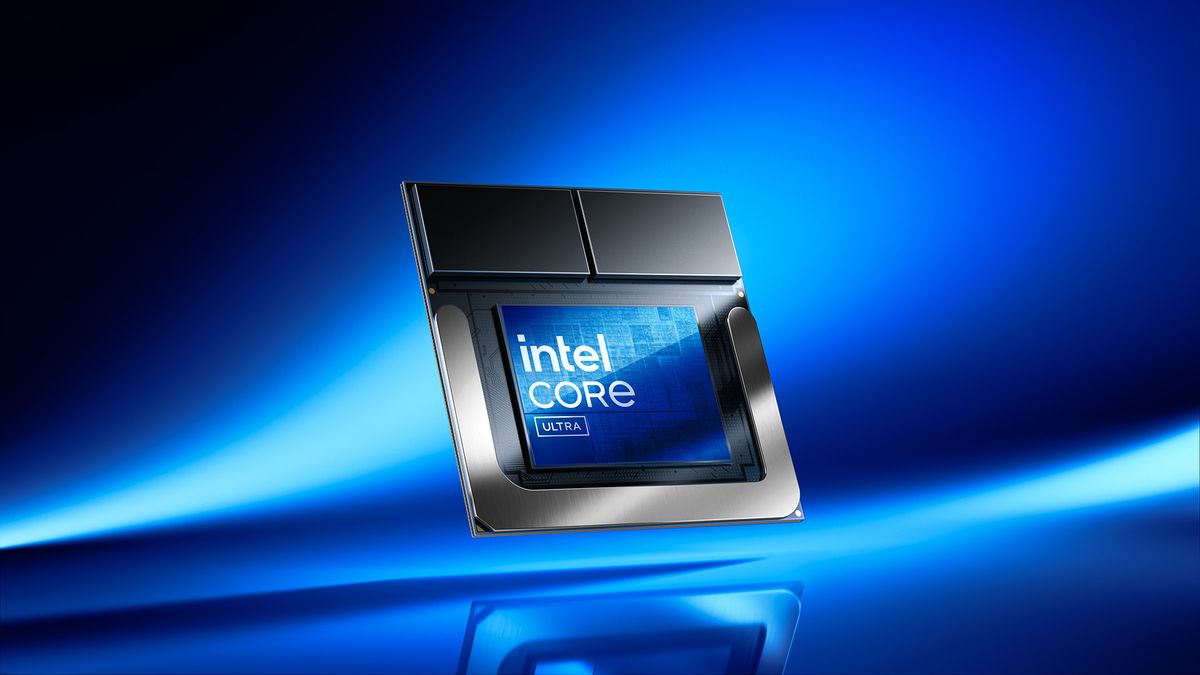Intel is set to officially launch its Lunar Lake processors for laptops on September 3, just ahead of the IFA 2024 show in Berlin.
The Core Ultra 200V series of mobile CPUs – that’ll run alongside Core Ultra 200, or Arrow Lake, on the desktop (and also notebooks at the higher-end) – is a highly anticipated range set to seriously pep up thin-and-light laptops.
Intel informs us: “During the livestreamed event, [Intel execs] will reveal details on the new processors’ breakthrough x86 power efficiency, exceptional core performance, massive leaps in graphics performance and the unmatched AI computing power that will drive this and future generations of Intel products.”
AI is one of the most important advances here, as you may be aware, with Lunar Lake driving forward in a major way with a much more powerful NPU than current Meteor Lake laptop chips.
Analysis: TOPS trumps
Lunar Lake is a key range for Intel, as with an NPU that exceeds 40 TOPs – which is a measurement of AI processing speed – it qualifies to be the engine of a Copilot+ PC – bringing Intel up to speed in that respect with Qualcomm’s Snapdragon X chips, and also AMD’s Ryzen AI 300 series (which have literally just been launched).
However, Lunar Lake will only be announced and detailed in the September 3 livestream (note that a Q3 launch was previously promised by Intel). Laptops going on sale with the chips inside them likely won’t happen for a while longer – and volume production of notebooks probably won’t kick off until early 2025. (That said, the same is true of the just-debuted Ryzen AI 300 chips, which won’t arrive in volume for some time yet – but this should happen by the close of 2024).
So, Intel will be last to the Copilot+ PC party, but Team Blue is certainly talking a big game with the impact that Lunar Lake is set to make. Previously, Intel has asserted that Core Ultra 200V processors will not only have a powerful NPU, but also a beefy GPU that’ll contribute 60 TOPS, so the chip will be capable of over 100 TOPS in total, meaning AI workloads should really shift.
A high TOPS rating means that heavyweight AI workloads will be completed faster, and this is crucial for some of the more in-depth features in Windows 11 – notably the controversial (and temporarily shelved) Recall ability – to ensure they work responsively and don’t bog down your computing experience.

